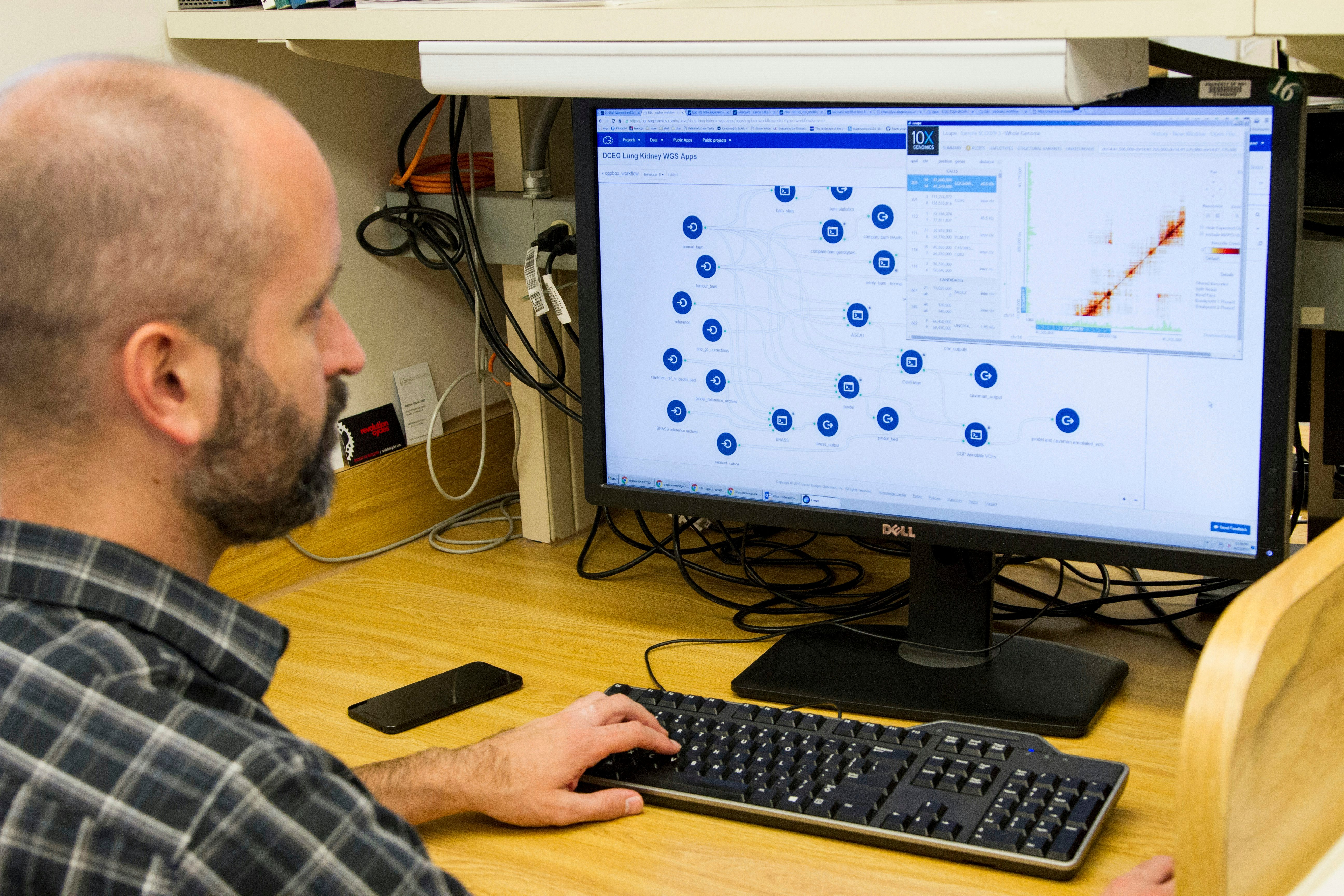Social Workers Tackle Climate Impact on Marginalized
In one of the most impoverished areas of Seoul, South Korea, residents live in precarious conditions: tiny micro-units often without bathrooms, kitchens, heating or cooling. The residents contribute the least among society to climate change yet suffer disproportionately due to historical and systemic inequalities. A new study from the University of Kansas highlights the inequalities, calling for social workers to play a critical role in advocating for and including marginalized communities in addressing climate change and injustice.
Joonmo Kang, assistant professor of social welfare at KU, spent a year living in a jjokbang-chon, the so-called “last remaining slum” in Seoul, as part of a research project on the everyday experiences of climate change-related disasters in marginalized communities. For the current study, he estimated the carbon footprint of jjokbang-chon residents, highlighting the climate injustice they face.
“The community members in jjokbang-chon are subjected to the worst of climate change while contributing the least to its causes. This pattern is not unique to jjokbang-chon — it reflects a broader global injustice,” Kang said. “Higher-income countries and cities drive emissions through their lifestyles and consumption, yet it is poorer countries and marginalized communities that bear the brunt of climate disasters. This disparity, known as the carbon divide, highlights how the wealthiest 10% of the global population are responsible for nearly 50% of all emissions, while those with the smallest carbon footprints suffer the most.”
Kang and co-author Chris Weatherly of the University of Georgia estimated the carbon footprint of residents through surveys and interviews, assessing their energy consumption, transportation use and household expenditures.
The findings revealed that jjokbang-chon residents emit just under 4 metric tons of carbon per year — less than one-third of the average South Korean citizen, despite South Korea having one of the highest per capita emissions globally. This stark contrast underscores the deep carbon emission inequality and broader climate injustice within the country.
The low emissions of jjokbang-chon residents are directly tied to their lifestyle shaped by poverty. The findings revealed that they rarely leave their neighborhood, not by choice but due to structural barriers, resulting in minimal transportation use. They experience severe energy deprivation, exacerbated by a built environment that lacks adequate heating and cooling. Additionally, exploitative landlord practices further restrict their access to essential resources, deepening their vulnerability to climate-related hardships.
While jjokbang-chon residents emit significantly less carbon than the national average in South Korea, their emissions still exceed those of billions in the Global South. This underscores the complex challenge of reducing emissions while ensuring social equity, according to the researchers.
In the study, published in the journal Ethics and Social Welfare, Kang and Weatherly highlight the dilemmas social workers may face in advancing climate solutions that both reduce overall emissions and promote justice for marginalized communities. They emphasize the vital role of social workers as facilitators and advocates, stressing the importance of collaboration and community empowerment in creating just and equitable responses to climate change.
For example, a government-led plan to redevelop jjokbang-chon neighborhoods has been actively resisted by private developers for years. Social workers play a crucial role in advocating for those without political power, particularly in the fight for housing rights. While development and construction contribute to carbon emissions, jjokbang-chon residents still need strong advocacy within the broader framework of climate justice. One approach could be to push not just for redevelopment, but for carbon-neutral public housing, the researchers wrote. Social workers are essential in driving society toward a future that reduces dependence on a carbon-based economy and promotes greater equity.
The study’s results highlight that there is no one-size-fits-all solution to addressing climate injustice and build on Kang’s previous work, which emphasizes the importance of a community-driven approach in addressing climate vulnerability.
https://news.ku.edu/news/article/study-highlights-role-of-social-workers-in-addressing-marginalized-communities-bearing-brunt-of-climate-disasters
View Original | AusPol.co Disclaimer
